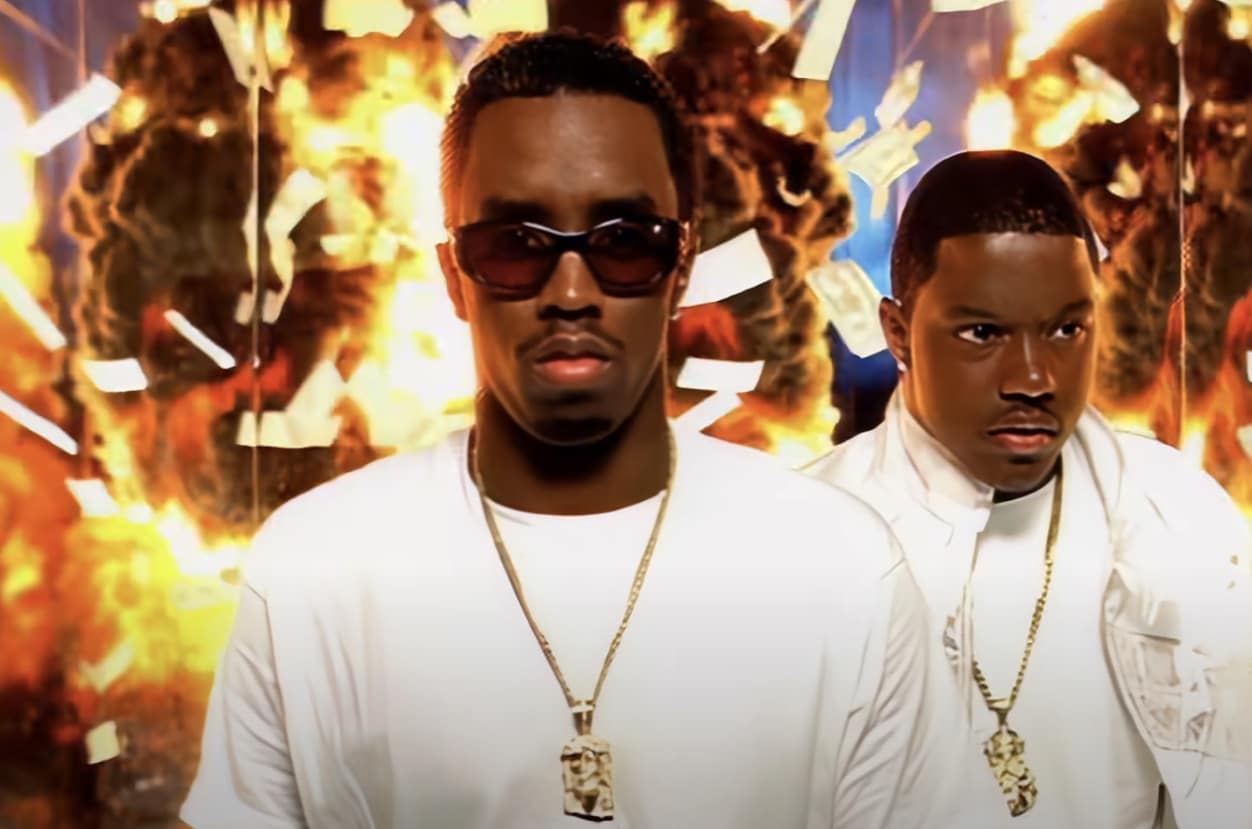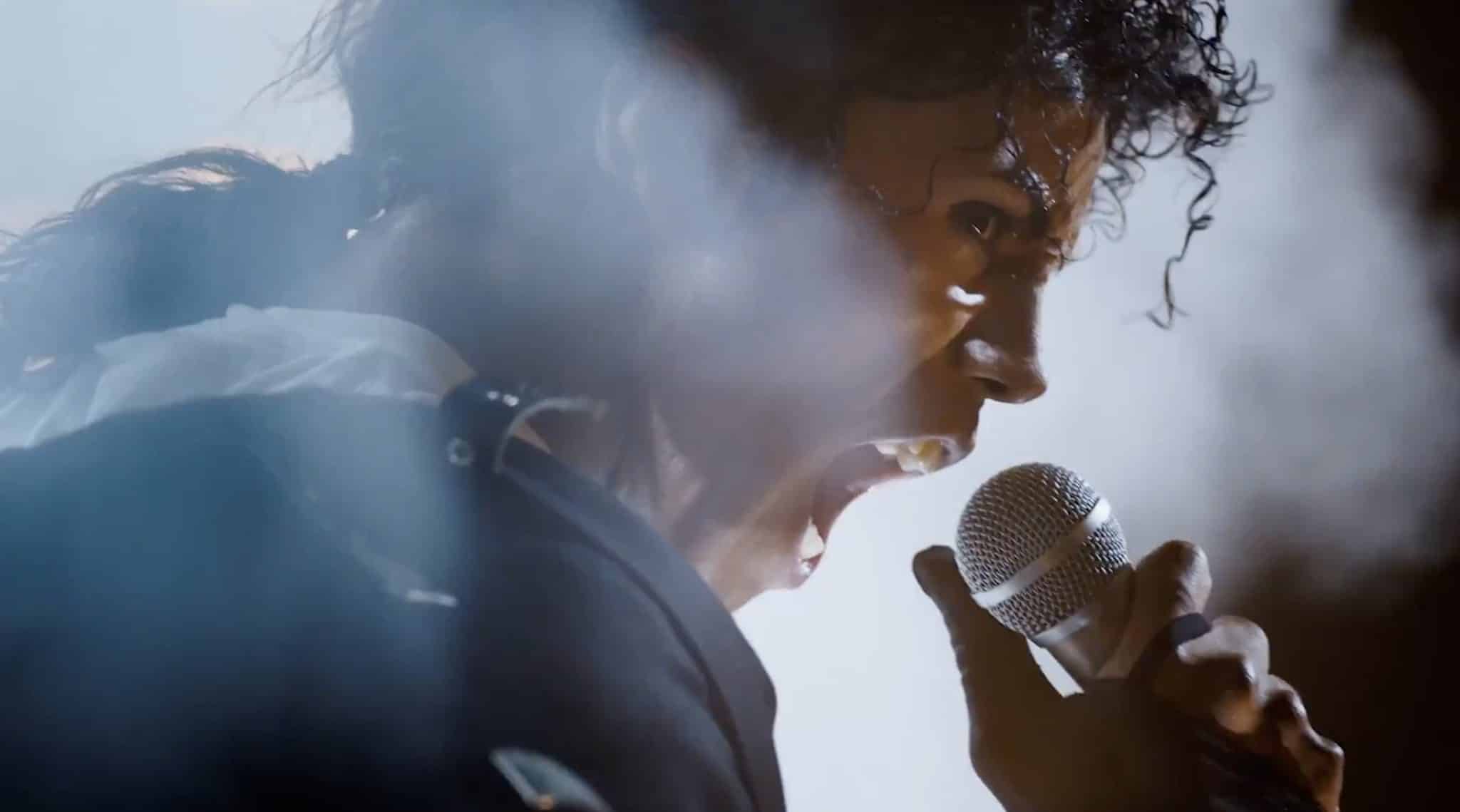D’Angelo brought Virginia’s soul to the world
You’re part of my identity/ I sometimes have a tendency/ To look at you religiously, baby/ ‘Cause nothing even matters, to me… — D’Angelo on Lauryn Hill’s “Nothing Even Matters” (1998) In a March 1969 issue of Modern Bride, the phrase “Virginia Is for Lovers” debuted. Five years later, a Richmond-born Black boy would later [...]

You’re part of my identity/ I sometimes have a tendency/ To look at you religiously, baby/ ‘Cause nothing even matters, to me…
— D’Angelo on Lauryn Hill’s “Nothing Even Matters” (1998)
In a March 1969 issue of Modern Bride, the phrase “Virginia Is for Lovers” debuted. Five years later, a Richmond-born Black boy would later come to be the living, breathing and enigmatic embodiment of the phrase.
Michael Eugene Archer, known the world over as D’Angelo — the preeminent soul artist of his generation and perhaps the most nuanced male vocalist since Marvin Gaye — died on Tuesday after a battle with pancreatic cancer. He was 51. While so many Black Americans have met a similar fate, not even cancer could swallow D’Angelo’s beauty and genius, which was due in large part to his background in Virginia.
In a 2014 sitdown with acclaimed music journalist Nelson George, D’Angelo spoke of his beginnings in a musical scene that most of the country either ignored or never knew existed.
“Wasn’t nothing down there, and the funny thing about it is that it was all this talent. It’s mad talent down there,” D’Angelo said of his home state. “My whole thing was I wanted to just be big enough to be in a band because they used to have Battle of the Bands all the time down there, and it was a big deal. It was a whole bunch of local talent, but nobody never really crossed that threshold.”
D’Angelo is a Virginian mystery like none before or after him. Throughout his career, D’Angelo rarely sought out the spotlight. His shyness only illuminated his commitment to the perfection of his craft. The release of his stripped down (sonically and literally) “Untitled (How Does It Feel?)” video fueled his personal battle with body image issues. Interviews weren’t rare, but D’Angelo never rushed to peel back every layer of his life completely and publicly. The same went for social media. He saw privacy as a nearly extinct concept, but tried to hold on to it for as long as he could. When thinking of D’Angelo’s passing, a single question comes to mind.
What does it mean to be eternal with an expiration date?
Life in Virginia begs a similar question, suggesting that while time may not come in bulk, purpose can. D’Angelo never seemed like an artist we’d have forever. Hence why records like “I Found My Smile Again,” “I Want You Forever,” “Devil’s Pie,” and so many more are the artistic metabolism we all craved. Those songs don’t age because the artist takes on that burden. Eventually, the artist passes away. Our grief stays with the memories that once were. But the glory lies in the art. And there were truly few to ever call breathing into microphones more artistic than D’Angelo.
In Virginia, we knew D’Angelo. Yes, names like Teddy Riley, Pharrell, Missy Elliott or Timbaland brought the state to the world’s stage. Fellow Virginia native Chris Brown became a pop star, pariah and now an artist selling out stadiums across the country. The Clipse, who appear well on their way to multiple Grammy nominations, are the state’s most beloved rappers and comeback story (and, for what it’s worth, apparently the Vatican’s favorite rap group). Yet, D’Angelo made love feel palpable. And if love is the most sought-after human emotion, was anyone more human than D’Angelo?
In his own way, D’Angelo defined Black manhood. He revealed the power of vulnerability in a society historically at odds with Black history and Black people, and he put it all in the music.
Five years separated 2000’s mammoth sophomore LP Voodoo from its predecessor, Brown Sugar. But in between, moments like 1998’s Live at the Jazz Cafe and D’Angelo’s landmark feature on Lauryn Hill’s “Nothing Even Matters” reminded fans of his immense talent. From there, nearly a decade and a half passed before his third and final full-length project, 2014’s Black Messiah. His “breaks” weren’t breaks at all. They were survival expeditions because that’s what his music thrived on. His music needed his life. Pouring so much into the world is expensive, and D’Angelo’s deposits were multi-layered. And for him, reclusiveness could be, and was, a demon and a reward.
Every album wasn’t just a classic, they were forms of rebellion. Because how dare this Black man, from a city that never truly let any resident forget Richmond was the capitol of the Confederacy, show the world just how beautiful, complicated and rich Black love was? His ability to craft intricate tales of love traveled far beyond sexual intimacy — though he could do that well, too. D’Angelo longed for love and companionship, even if he himself were a complicated companion. He grieved over love. He battled addiction, which, in a sense, is a form of love, too. He allowed anyone who ever pressed play on his music to understand love was spiritual, sensual and chaotic. D’Angelo was an imperfect man singing to an imperfect audience.
“Even though he’s a neo-soul forefather, he’s still Southside Richmond to the core,” said Richmond native Vaughan Moss, a founder of the Virginia Hip-Hop Foundation and creator of the Neptunes Sunday podcast. “For us ‘90s kids growing up in Virginia, and realizing so much talent came from our home state, specifically in the 804, it was important. This dude was from across the bridge in Southside. That pride was everything.”
In Virginia, we knew where D’Angelo grew up. We knew where he went to high school and just how vital Richmond and Chesterfield County were to his life’s story. And though it may not have had the musical fingerprint so easily identifiable, those of us from Virginia — in particular the central Virginia area aka “the 804” — we all knew. We knew him, but the mystery in him never allowed us to know him fully. That’s where the intoxication came from.
Brown Sugar, Voodoo and Black Messiah were as complete and sonically insatiable as any project. He was our Prince Rodgers Nelson. D’Angelo showed that R&B, soul, hip-hop, and more could not just live in one body, it could illuminate the heavens. In Virginia, we embraced that as much as we embraced the demons he fought throughout the course of his life. He was called “reclusive,” but in Virginia, what’s understood never truly had to be spelled out. Sometimes being by yourself, to find yourself, is the only way not to get lost.
D’Angelo’s death is a sobering reminder of just how far away home feels for me now. My grandmother died in January. My mother’s house in South Chesterfield — or Ettrick, if you’re really from around the way — was sold in August. My last visit home was filled with cluttered boxes and memories of a house and community that no longer exists as it once did in my youth. My aunt, whom I love dearly, lives across the street from my childhood home. But the reasons I have to return home are few because I quite literally don’t have a home to return to. The reality of this has been a prevailing theme of the final year of my 30s.
Rob Verhorst/Redferns via Getty Images)

During that last final trek home, there was D’Angelo, unbeknownst to me in his final days, providing the soundtrack as he had done so many times. I heard his DNA in records like Snoh Aalegra’s “I Want You Around,” Childish Gambino’s “Redbone,” Sampha’s “Incomplete Kisses” and SZA’s “Snooze.” Nevertheless, it was D’Angelo’s music that became the true elixir for my own stress. As my mother spent her final days in the house we both moved into when she divorced my father in the late 1980s, D’Angelo’s music filled the quiet house, where the only sounds were his music and tape being dragged across boxes.
“Tell Me You Still Care” and “Nothing Even Matters” were reminders that love built that house, even in the face of heartbreak. “Really Love” and “When We Get By” provided a near five-minute escape to an alternative universe. “Send It On” — a song he, Angie Stone, and his brother, Luther Archer, penned for the birth of Stone and D’Angelo’s son Michael in 1997 — was a spiritual experience that assured me my childhood, being a relic of the past, was no excuse to rob my kids of the safety and fatherhood I craved. It’s clear, by the messages of his son and daughter, that this was an ordained part of who he was even if it was understandably kept away from the public eye.
The truth is, most of this may feel hyperbolic — that these words are simply an embellishment of a man who passed away far too soon. That’s fine. But go back to that original tagline: “Virginia Is for Lovers.”
No Virginian ever captured the sophistication of those four words more than Michael Eugene Archer. As humans, we search our entire lives for the purpose of showing love and what it actually is. Crossing the finish line isn’t essential. Knowing that love exists, in all forms, is. Because of that, history would and should remember D’Angelo as one of the world’s most necessary educators.
Four months shy of my 40th birthday, my relationship to religion remains complex. Believing in God, having faith that lives and permeates through me is still something I’m wrapping my mind around. But the actual act of sitting in a church is something I’ve struggled with for a multitude of reasons. D’Angelo was, still and will always be part of that process of discovery. My art may never impact the world as his did.
Still, one Virginia boy gave another Virginia boy the courage to believe that creativity and love can make beautiful eulogies that’ll speak for us long after we’re gone. D’Angelo taught us immortality is possible. I found God through D’Angelo, and I thank God for his music. Legacy can never die when it’s directly attached to heaven, and thankfully because of this, D’Angelo will live on forever.
The post D’Angelo brought Virginia’s soul to the world appeared first on Andscape.
Share
What's Your Reaction?
 Like
0
Like
0
 Dislike
0
Dislike
0
 Love
0
Love
0
 Funny
0
Funny
0
 Angry
0
Angry
0
 Sad
0
Sad
0
 Wow
0
Wow
0














